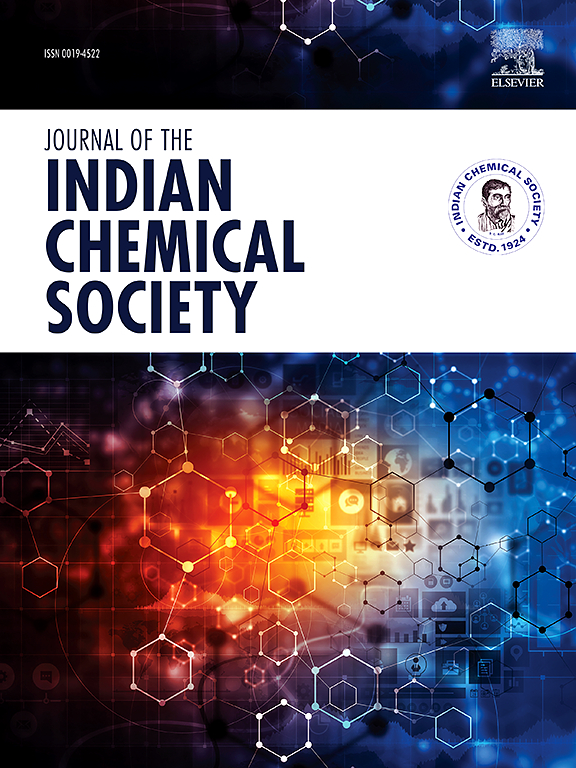机器学习模型在液态硅氧烷中声速预测中的精确构建
IF 3.2
4区 化学
Q2 CHEMISTRY, MULTIDISCIPLINARY
引用次数: 0
摘要
液态硅氧烷的声速是一个关键因素,在各种科学和工业应用中具有重要作用。本研究提出了决策树、自适应增强和集成学习的人工智能方法,以建立能够准确预测液态硅氧烷声速作为其沸点、摩尔质量、压力和温度参数函数的模型。为此目的使用了一个实验数据集,其有效性通过离群值检测方法进行检查。研究结果表明,几乎所有的数据都适合于开发数据驱动模型的目标。结果表明,摩尔质量对液态硅氧烷的声速影响最大。评估指标和可视化分析表明,AdaBoost模型对于评估工作是最精确的。它在测试集上获得了最大的R2值(0.990824)和最小的MSE(1,504.315),以及最低的AARE%(3.109657)。这些发现强调了AdaBoost在识别复杂模式和提供准确预测方面的卓越能力,特别是在预测液体硅氧烷中的声速方面。评价研究表明,所建立的模型在预测声速方面具有较强的鲁棒性和准确性。所开发的模型可以很容易地使用,而不需要进行繁琐、昂贵和耗时的实验任务。本文章由计算机程序翻译,如有差异,请以英文原文为准。

On the accurate construction of machine learning models to predict speed of sound in liquid siloxane
The speed of sound in liquid siloxanes is a critical factor that has an important role in various scientific and industrial applications. This research puts forward artificial intelligence methods of Decision Tree, Adaptive Boosting and Ensemble Learning to create models capable of accurately predicting liquid siloxane speed of sound as a function its boiling point, molar mass, pressure and temperature parameters. An experimental dataset is utilized for this purpose, whose validity is checked via an outlier detection methodology. The findings suggested that nearly all the data is appropriate for the goal of developing a data-driven model. Additionally, it is demonstrated that molar mass if the most influential parameter, negatively affecting liquid siloxane’s speed of sound. The assessment metrics and visual analyses reveal that AdaBoost model is the greatest precise for the estimation job. It attains the greatest R2 value (0.990824) and the least MSE (1,504.315) on the test set, coupled with the lowest AARE% (3.109657). These findings emphasize AdaBoost's exceptional capability to identify intricate patterns and provide accurate predictions, particularly for task of forecasting speed of sound in liquid siloxane. The evaluation study revealed the fact that all the developed models are robust and accurate in predicting the speed of sound. The developed models can be used easily and without experimental tasks which are known to generally be tedious, costly and time-consuming.
求助全文
通过发布文献求助,成功后即可免费获取论文全文。
去求助
来源期刊
CiteScore
3.50
自引率
7.70%
发文量
492
审稿时长
3-8 weeks
期刊介绍:
The Journal of the Indian Chemical Society publishes original, fundamental, theorical, experimental research work of highest quality in all areas of chemistry, biochemistry, medicinal chemistry, electrochemistry, agrochemistry, chemical engineering and technology, food chemistry, environmental chemistry, etc.

 求助内容:
求助内容: 应助结果提醒方式:
应助结果提醒方式:


